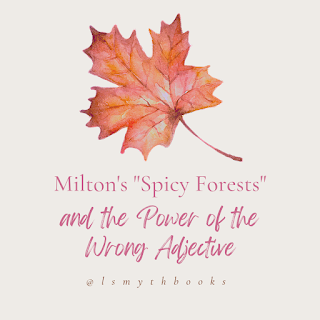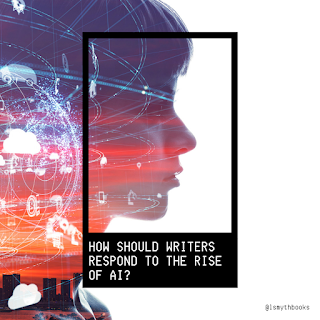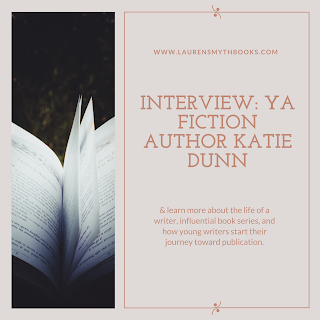Milton's "Spicy Forests" and the Power of the Wrong Adjective
The answer: Nothing.
Close your eyes and imagine a "spicy forest." What comes to mind? You might think of a forest during the fall, decorated with rich red and golden tones of dying leaves. Or you might think of brightly colored wildflowers, which "spice up" the forest's earthy tones. How about a forest full of delicious herbs? Or cool air that smells perpetually of cinnamon? Or the soup your grandmother made from scratch that filled the whole kitchen with a sense of good food, good fellowship, and familial love?
A forest can't be "spicy" in the traditional sense of the word. Milton is not advocating for a leaf-tasting holiday in Paradise, nor is he suggesting that Adam and Even grazed on weeds and twigs. But readers are likely to understand "spicy" within the context of past experiences, including colors, smells, and emotions, which render the adjective descriptive in a context where it lacks face value. "Spicy forest" does more than simply describe the forest - it paints a picture of the atmosphere you'll find when you enter.
In some sense, this is a form of paradox featuring an adjective and a noun that aren't polar opposites, as in a typical paradox, but are completely unrelated by dictionary definition. (What you call it is a matter of personal opinion; so far as I know, there's no technical term.) Milton is a master of such quasi-paradoxes. Consider "wanton ringlets," describing Eve's hair in conjunction with her sensual appeal to Adam. "Dewy ray" describes a sunbeam, although no sunbeam has ever contained dew," evoking the picture of morning sun on damp, glittering grass.
There are two ways to misuse this adjective-noun pairing. One is to choose two words that have completely unrelated connotations. "Spicy forests" has a subtle connection through the third, implied word "herbs," which are both spicy and grow in forests. Thus, even though "spicy" and "forest" aren't related on the surface, they can still be used together. The pairing would be nonsense, however, if "spicy" were swapped with "ebullient." Aside from the fact that your reader will have to resort to a dictionary, "ebullient" and "forest" share no connotations. The point of a paradoxical adjective-noun pair is to evoke a strong image based on what the two words have in common below the surface, not to confuse the reader with an image that makes no sense.
The other way things can go wrong is if you overuse this strategy. It's powerful the first time, and the second time, and possibly even the third time, but if you keep resorting to it you'll find yourself constantly using words that don't mean anything. Writing should be primarily an attempt to communicate. If imagery helps you achieve that goal, use it. If imagery clouds the point, don't. To quote George Orwell: "Good prose is like a windowpane," meaning that it should be clear, meaningful, and accurately depicting the real world.
Be conscious of your audience when you're using an atypical adjective-noun pairing. If you're writing nonfiction, chances are that adjectives are utilitarian, and you should simply state what you mean. Fiction, on the other hand, gives you the opportunity to play with surprising word pairs. Describe your "milky streams" and "humid exhalations." Just make sure the outcome is comprehensible in context.
If you enjoyed this article, you’ll probably enjoy another hot take on classical literature: “Shakespeare, Semantic Satiation, and How Villains are Born.”



Comments
Post a Comment